
Data from this long-term observational study were analyzed to obtain transitioning rates between the model states at the MPLONG endpoint by applying the previously explained criteria. The mean follow-up duration in the MPLONG trial was 17 months for participants with moderate or higher severity PTSD. Patient distribution among health states at the 1-year endpoint was estimated using distribution data at trial enrollment, the 4-month post-treatment endpoint, and the 17-month long-term follow-up endpoint.
Co-use of MDMA with psilocybin/LSD may buffer against challenging experiences and enhance positive experiences
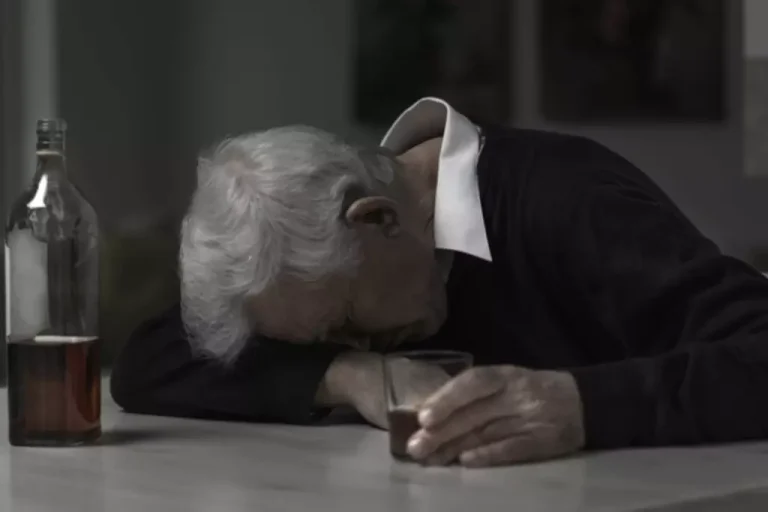
However, many consider MDMA to be very “psychedelic”—especially regarding the term’s meaning of “mind-manifesting.” Users do report vivid imagery and memories under MDMA, but internal and external hallucinations are not as common and differ in quality from classical psychedelics. A 2021 double-blind, placebo-controlled study looked at the effects of therapy alongside either MDMA or a placebo in treating severe PTSD. MDMA therapy uses regulated doses of MDMA in a clinical setting to help healthcare professionals treat certain psychiatric conditions, such as PTSD.
What to Know About MDMA Use for PTSD
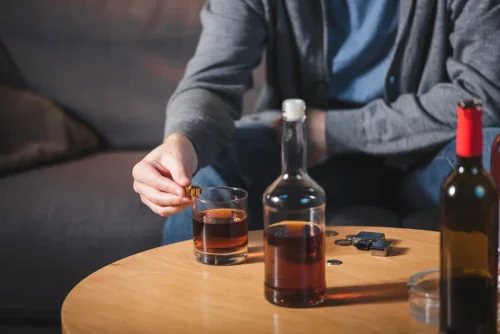
Had full access to all of the data in the study and take responsibility for the integrity of the data and for the accuracy of the data analysis. M.O.G., B.P., W.G., S.Q., C.P., I.G., R.W., J.M.M., S.S., G.W., B.V.D.K., C.M., Y.G., S.S.K., E.H., S.A., M.B., R.A., Y.W., C.N., R.B. J.M.M., B.Y.-K., A.D.B., M.B., A.L., C.H., S.K., K.P.-G., A.C., S.H., R.D., J.B.W., B.V.D.K., M.O.G., W.G., C.P., I.G., C.N., M.M., S.C., B.P., G.W., S.S.K., E.H., A.E., J.D.W., S.S., Y.G., S.A., R.W. Participants agreed to be recontacted for potential enrollment in a long-term follow-up study, which will include follow-up measures to assess the durability of the treatment. Because the treatment is given in a controlled setting, the potential for abuse is low. MDMA is also proving to be cheaper than other alternative therapies for severe PTSD that may take longer and need more drugs and professional assistance.
Reply to: Caution at psychiatry’s psychedelic frontier and Challenges with benchmarking of MDMA-assisted psychotherapy
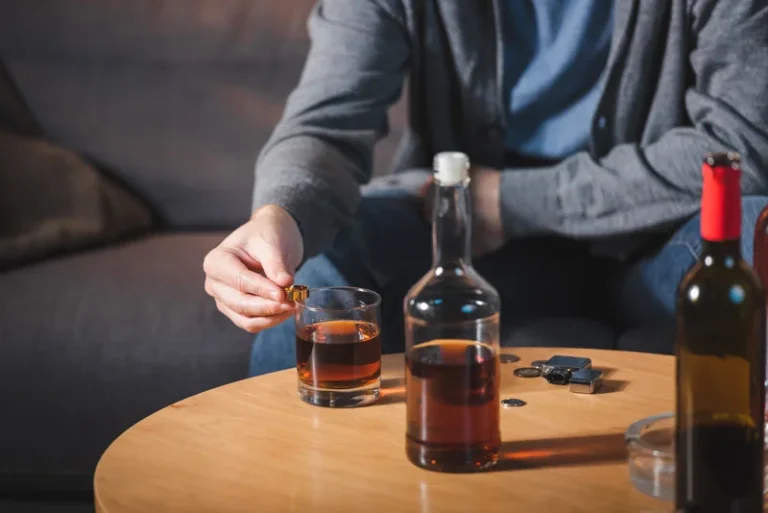
Body temperature spikes and severe muscle contractions occur when a person is administered general anesthesia that has malignant hyperthermia. After MDMA, people with this disease could potentially experience heat stroke or other severe symptoms. In light of this, clinical use selects out people with serious medical issues, particularly cardiovascular diseases, due to MDMA’s ability to increase blood pressure and heart rate. MDMA may facilitate a transcendent experience but more consistently induces greater access to emotions at a higher intensity. MDMA is not considered a classical psychedelic due to its unique pharmacology and its inability to duplicate consistent hallucinatory effects like LSD or psilocybin.
How Does MDMA-Assisted Therapy Work?
- An association with MDMA was determined based on the relative incidence of TEAEs with at least a twofold difference between the MDMA and placebo groups.
- The most studied psychedelics to date include psilocybin and 3,4-methylenedioxymethamphetamine (MDMA).
- The CAPS-5 is scored on a scale from 0 to 80, with moderate PTSD defined from a rationally derived severity range of 23–34 (ref. 40), and severe PTSD as ≥35.
- Though the use of the drug is still controversial, the results of studies involving MDMA in patients with PTSD have been nothing short of remarkable, especially considering the fact that chronic PTSD is one of the more difficult psychiatric conditions to treat.
These findings were consistent with the main results, establishing the cost-effectiveness superiority of MDMA-AT over the placebo with therapy comparator. The acceptability of MDMA-AT compared to placebo with therapy was 72.12% at the $150,000 WTP threshold and 60.16% at the $100,000 WTP threshold. PSA findings are presented as scatter plot (Fig 4) and cost-effectiveness acceptability diagrams (Fig 5). Discount rates of 3.5% per year of modeling were applied to cost and utility inputs. ICER was the main study outcome, calculated as the ratio of healthcare costs increment and quality-adjusted life years (QALY) increment between MDMA-AT and psychotherapy. These data suggest MDMA-AT may be a cost-effective treatment compared to PT for patients with chronic PTSD of moderate or higher severity.
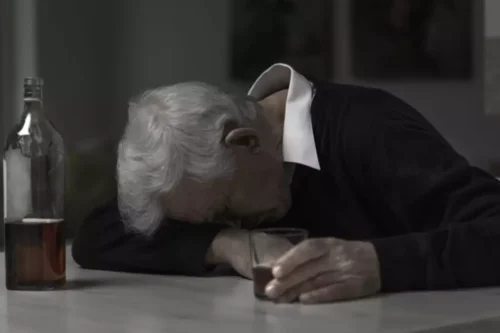
Several phase 2 trials indicated that MDMA-AT has an acceptable risk–benefit profile in individuals with PTSD13. A pivotal phase 3 study (MAPP1) showed that MDMA-AT was generally well tolerated and met the trial’s primary and secondary endpoints of reduced PTSD symptom severity and decreased functional impairment12. Following the screening procedures and medication taper, participants attended a total of three preparatory sessions, three experimental sessions, nine integration sessions and four endpoint assessments (T1–4) over 18 weeks, concluding with a final study-termination visit. IR, independent rater; T, timepoint of endpoint assessment; T1, baseline; T2, after the first experimental session; T3, after the second experimental session; T4, 18 weeks after baseline.
Side-effects of mdma-assisted psychotherapy: a systematic review and meta-analysis
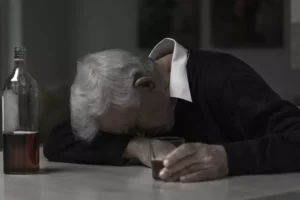
It has not yet been approved by the FDA, does not work for everyone, and carries risks even in therapeutic settings. These statements are no guarantee of future FDA approval or availability of MDMA-assisted therapy. These statements necessarily involve known and unknown risks and uncertainties, which may cause actual outcomes to differ materially from our projections. Furthermore, MDMA products purchased illicitly do not specify the precise amounts of MDMA, and often are adulterated with other, possibly harmful substances, making it impossible to dose properly for PTSD treatment or any kind of therapeutic purpose. Psychedelics can also decrease amygdala reactivity during emotion processing (49,50), which may reverse the heightened amygdala reactivity typically seen in PTSD (51), thereby increasing the ability to process traumatic memories. Psilocybin also increases emotional empathy (51), mindfulness-related capacities (52,53) acceptance, and connectedness while reducing avoidance (54), which may all facilitate PTSD treatment.
Regarding sensitivity analyses, univariate OWSA (10% parameter variation) identified utility changes due to MDMA-AT treatment as the most impactful parameter on study findings. In Phase 2 studies, MDMA-AP participants had 1.7 times greater odds of experiencing any side effect during medication how long does mdma stay in body sessions than placebo participants, and 1.6 greater odds of side effects in the 7 days following. These results, however, were based on ‘spontaneously reported reactions’ data, defined as a subset of adverse events that could be expected based on findings in healthy volunteers 28. It is therefore unsurprising that an effect was detected, albeit a small one 49. Participants treated with MDMA-AP also had 4.7 greater odds of anxiety and 4.8 greater odds of jaw clenching during medication sessions relative to placebo participants. Anxiety was also prominent in PTSD patients, who had 4.1 greater odds of anxiety during medication sessions when treated with MDMA-AP, and 4.8 greater odds in the 7 days following compared to the placebo-AP group.
- SCID-I/P was assessed at intake to evaluate whether a participant’s anxiety was primarily related to an LTI.
- Here, we assess the efficacy and safety of MDMA-assisted therapy in individuals with severe PTSD.
- Many people fail to tolerate or respond to available PTSD medications and trauma-focused therapies, whereas the low dropout rate in MDMA studies suggests increased tolerability or patient preference for the treatment.
- MDMA-assisted therapy received “breakthrough therapy” status from the US Food and Drug Administration (FDA) in 2017.
- There’s no clear scientific consensus on how psychedelics help with certain mental health conditions, but the prevailing theory is they play a role in neuroplasticity, or the brain’s ability to rewire itself.
- If additional information was not available, missing data were coded as “Not Reported”.
A thematic analysis of MDMA-related harm and harm reduction experiences and knowledge in Aotearoa New Zealand
The effects of MDMA include reduced fear (2), increased social engagement (3), increased openness (4), increased receptiveness to positive affect (5), increased empathy and compassion (6,7), increased feelings of closeness (8), and increased disclosure of emotional content (9). MDMA targets memory reconsolidation and fear extinction processes, allowing for expanded perspectives and positive, affirming experiences. These effects are primarily attributed to MDMA’s activation of the 5-HT, or serotonin system (10).
